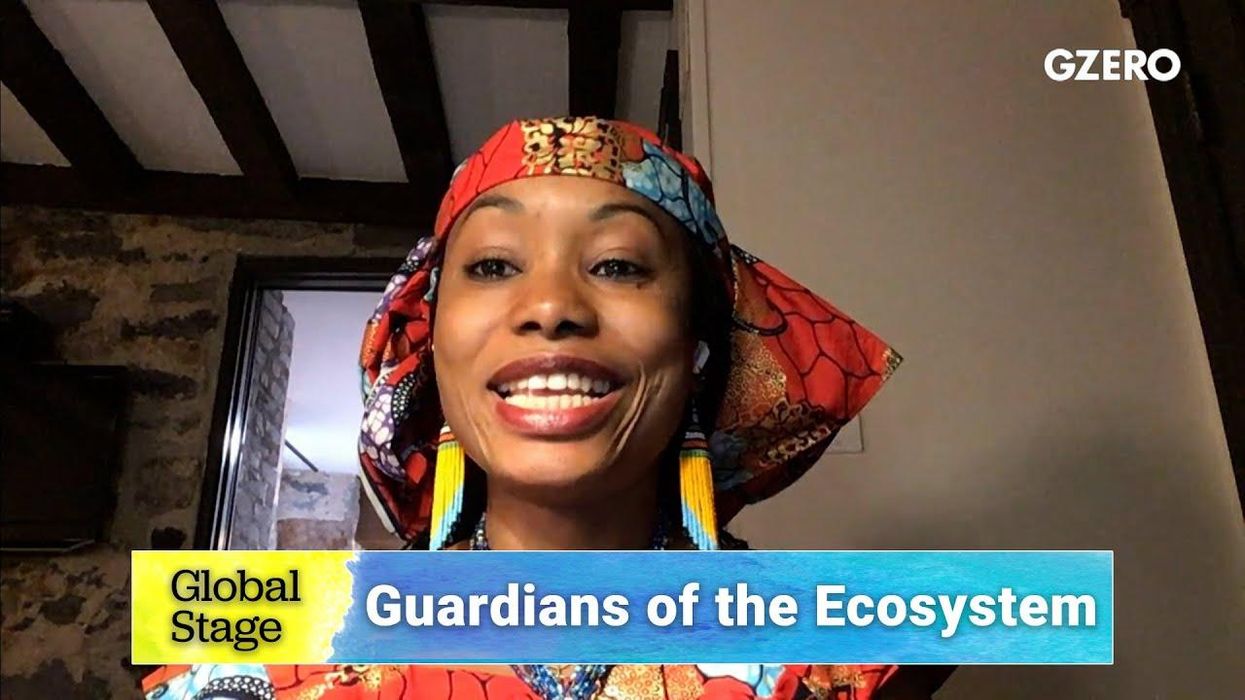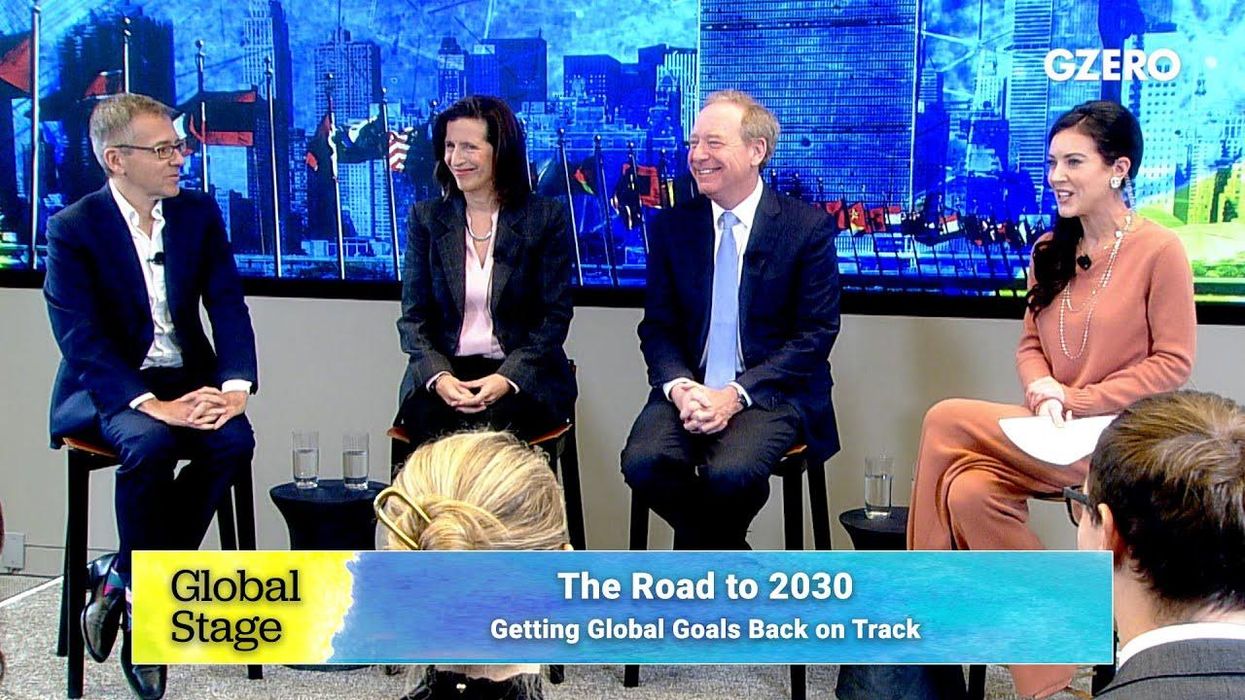Sustainability
Indigenous people: true guardians of land and oceans
If the earth were a company, who'd you pick to run its assets? For Hindou Ibrahim, co-chair of the International Indigenous Peoples Forum on Climate Change, it should be Indigenous people, who have been protecting the land and the oceans far longer than governments. That's what makes them the true guardians of ecosystems. "We cannot sustain and protect this biodiversity if we do not recognize and respect the rights of indigenous peoples to their land tenure" and access to finance, Ibrahim says in a Global Stage livestream conversation hosted by GZERO in partnership with Microsoft.
Dec 30, 2022


